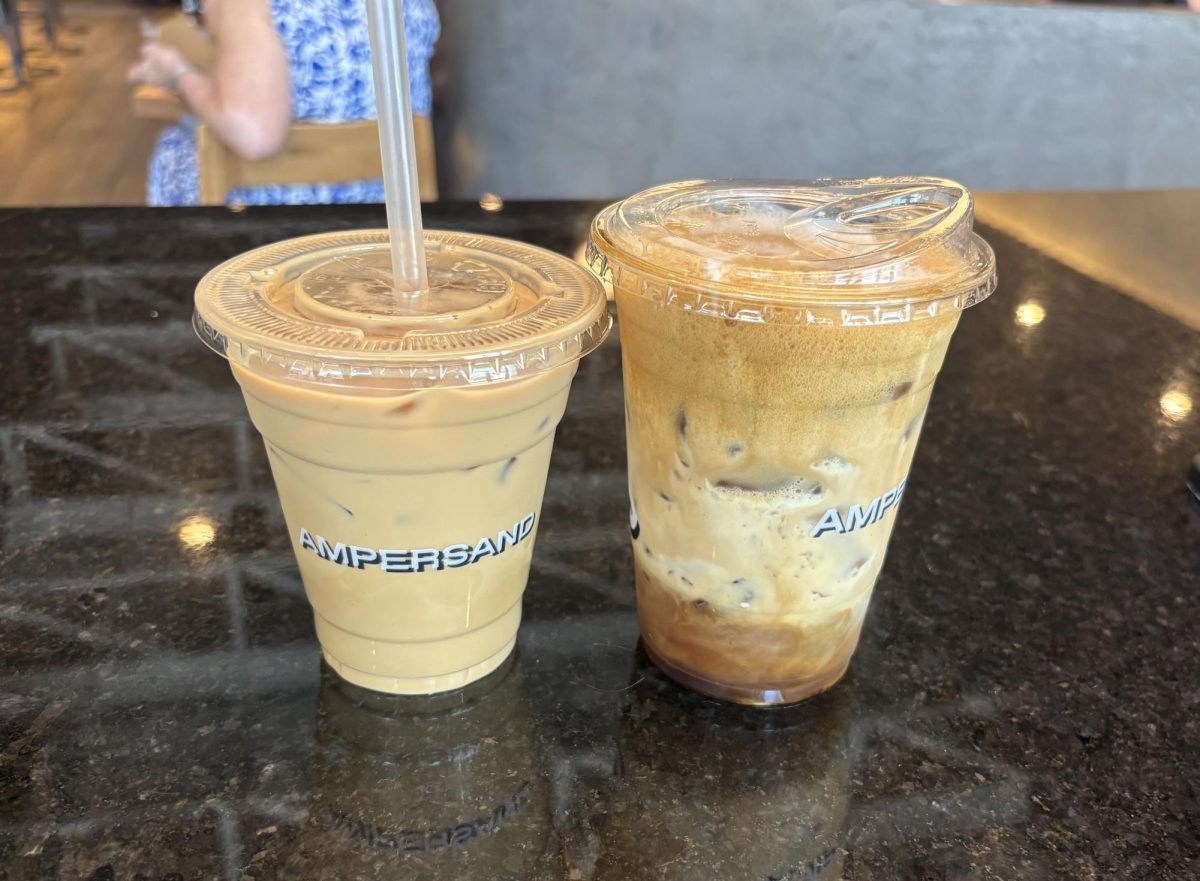Madelyn Gibbs spends her days answering questions from curious residents, preparing for her next initiative and sifting through an inventory room collection of pamphlets, pens and shoelaces made from recycled glass soda bottles.
Gibbs, acting manager of the Fort Worth Neighborhood Education office, said she has worked behind the scenes of city government for more than 20 years.
“I’ve been working with neighborhoods since I was 26,” she said. “Neighborhoods have always been my hobby. It’s where my heart is.”
The office deals with significant issues that range transportation to water conservation, but the favorite among neighborhood associations is safety and crime, Gibbs said.
“They all have similar ideas and issues but never at the same time,” she said.
Gibbs said she hopes to create an office atmosphere that is both welcoming and fun for her co-workers, business partners and the public.
“You never finish work — you just find a stopping place for the day,” she said.
The office has five public education specialists who are each responsible for at least 60 of the 300 neighborhood associations of Fort Worth, Gibbs said.
In addition to their assigned districts, specialists give presentations to schools, associations and community groups, plan events, work with after-school programs and answer any questions from residents in their district, face-to-face, or by phone or email, Gibbs said.
“You have to love people to do this job,” she said. “You have to always have a smile in your voice and an eagerness to listen.”
Neighborhood education specialist Andrieka Lockett said she works with geographic information systems to provide an accurate account of every registered neighborhood in Fort Worth.
“We use this system to alert residents about what’s going on in the neighborhoods,” she said.
Lockett said her job is unpredictable, but finding solutions for the public is the top priority.
“There is no typical day,” she said. “But every day will include a conversation with a resident from one of my districts.”
A resident of the 109’s Bluebonnet Hills who’s now a City Council candidate, Ann Zadeh, said her neighborhood association was revitalized with the help of Gibbs and her team.
“Madelyn and Andrieka assisted me and a group of residents from my neighborhood by providing us with information about getting our neighborhood association back up and running,” she said.
Zadeh said the office provided the material necessary to establish an association and elect officers to manage its growth.
“I think the Neighborhood Education office provides a vital service to the residents of this city.,” she said. “Their services and education helps establish new associations, as well as supports existing ones,” she said. “Involved residents and successful neighborhood associations lead to strong neighborhoods, which are the backbone of a thriving, successful city where people want to live, work and play.”
Neighborhood education specialist Jessica Gonzales can log into a computer downtown connected to 40 landlines and record a message that will be sent to homes across Fort Worth, all without leaving her desk.
Gonzales, who manages the Reverse 911 program, said when events occur like a council member holding a meeting or a neighborhood fire, she writes and records a bulletin that can be heard in voicemails throughout the city.
“We use the phone number attached to their water bills,” she said. “A citywide call takes about a week-and-a-half to plan.”
Reverse 911 is just another tool the office uses to connect with the public and keep them informed of news and events that affect their neighborhood, Gonzales said.
“You have to have as many means to communicate with the public as possible,” she said.
Gibbs said the substance of a city relies heavily on the neighborhoods that form it and those willing to ask questions, work hard and keep moving forward.
“The backbone of a city is its neighborhoods,” she said. “Without strong neighborhoods, you don’t have a strong city.”



